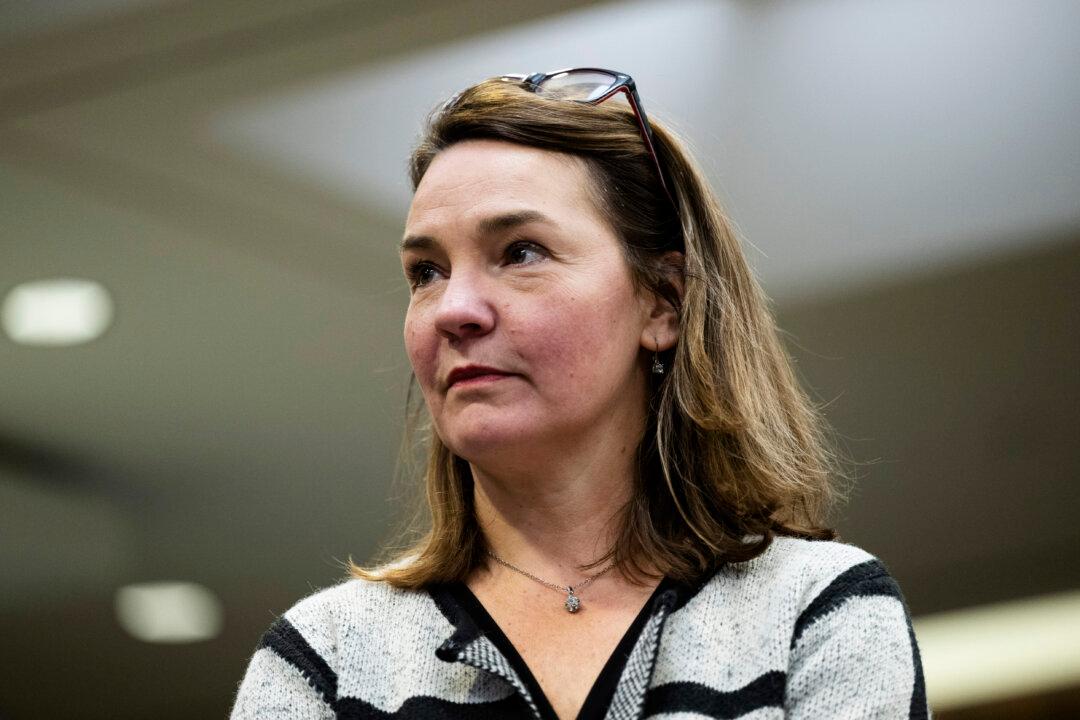Canada’s Information Commissioner Caroline Maynard said she was “dismayed” by the auditor general’s recent report detailing how the Canada Border Services Agency handled the development of the ArriveCan app, adding she rejected excuses given by the agency.
“I reject any suggestion that in retrospect, a failure of this nature was justifiable or even understandable, given the circumstances that arose from the pandemic. I also take issue with the notion that this type of outcome could not have been foreseen,” Ms. Maynard told the Standing Committee on Government Operations and Estimates (OGGO) on Feb. 21.





